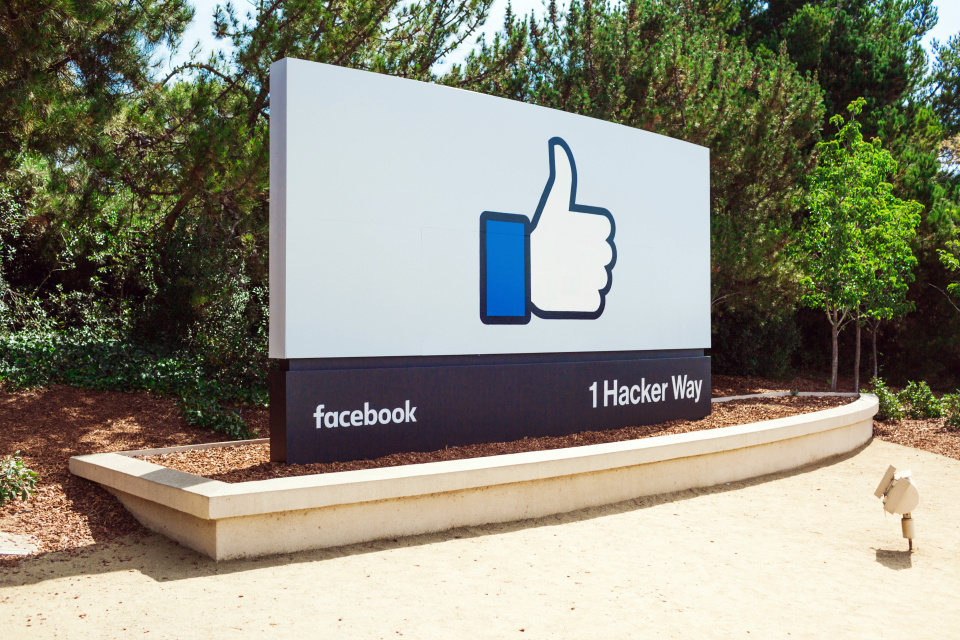IRS wants more tax cash from Facebook, while Europe's tax collectors target US tech


America's IRS is chasing Facebook for back taxes starting in 2010: Facebook opened its international headquarters in Dublin in 2009. Other American tech giants, including Apple and Google, are already under pressure from European tax authorities for channelling revenues through Ireland, which has a 12.5 percent corporate tax rate. The US rate could be as high as 35 percent.
In its 10-Q regulatory filing, Facebook said: "While the Notice applies only to the 2010 tax year, the IRS states that it will also apply its position for tax years subsequent to 2010, which, if the IRS prevails in its position, could result in an additional federal tax liability of an estimated aggregate amount of approximately $3.0 - $5.0 billion, plus interest and any penalties asserted."
Facebook added: "We do not agree with the position of the IRS and will file a petition in the United States Tax Court challenging the Notice."
Following pressure in the UK, Facebook is starting to invoice "large advertisers" from Facebook UK instead of Facebook Ireland, which will mean it pays more corporation taxes at the UK's current 20 percent rate. (It will fall to 18 percent by 2020.) In 2014, Facebook UK paid only £4,327 ($5,723) in corporation tax. The local subsidiary gave its UK staff £35m ($46m) in share bonuses and declared a loss of £28.5m ($38m).
The European Commission and some EU countries are also trying to extract higher tax payments from American companies. In January, the Guardian reported that "Apple may owe $8bn in back taxes from its use of potentially illegal tax shelters in Ireland." Apple had already agreed to pay €318m ($355m) to Italian tax authorities after being investigated for suspected fraud.
Earlier this year, Google made a derisory settlement with the UK, when it agreed to pay £130m ($172m) in back taxes for 2005 to 2015. Google funnels much of its £4.6bn ($6bn) of sales to UK advertisers through Ireland.
French tax authorities raided Google's offices in Paris, saying the company was "under investigation for aggravated financial fraud and organized money laundering". That case has yet to be settled.
On Bloomberg TV, Nobel Prize-winning economist Joseph Stiglitz said US tax laws were "obviously deficient" and accused Apple of fraud. He said: "Here we have the largest corporation in capitalization not only in America, but in the world, bigger than GM was at its peak, and claiming that most of its profits originate from about a few hundred people working in Ireland -- that's a fraud."
Apple actually employs more than 5,000 people in Ireland. The company also claims it pays all its taxes.
Stiglitz is an advisor to Hillary Clinton's presidential campaign. In her acceptance speech at last week's Democratic National Convention, Clinton said that "Wall Street, the corporations and the super-rich are going to start paying their fair share of taxes." She needs the money to deliver on campaign promises.
American companies now hold more than $2 trillion overseas.
Apple has $181bn of its $200bn cash pile overseas, and Microsoft around $100bn. Tech companies such as IBM, Cisco, Oracle and Intel hold smaller but still substantial amounts. If they repatriated the cash, they might have to pay a third of the money to the US government.
But US companies have no urgent need to bring their profits home. Very low interest rates mean they can borrow money for far less than the 35 percent they would pay American tax authorities, and Apple has borrowed almost $50bn to pay investors.
The US government may resort to taxing the profits that American companies earn and hold overseas. However, some companies are hoping to negotiate a "tax holiday" when they could repatriate their cash piles at a much lower rate.
Last year, according to Bloomberg, Apple CEO Tim Cook told a tech conference: "It's not smart for all of these companies, including us, to have all this money offshore, which can't be invested in the United States. It would be reasonable to, say, force a tax on the offshore piece but let it all flow free - let the capital have a free flow."
In reality, the main thing stopping the flow of capital is a company's unwillingness to pay US taxes at their current rate, when some overseas countries have much lower corporate tax rates, or none at all.
Unfortunately, when countries cut corporate tax rates, their rivals - who need to remain competitive - may well follow suit. The resulting "race to the bottom" leaves every country worse off, and rich corporations even richer.